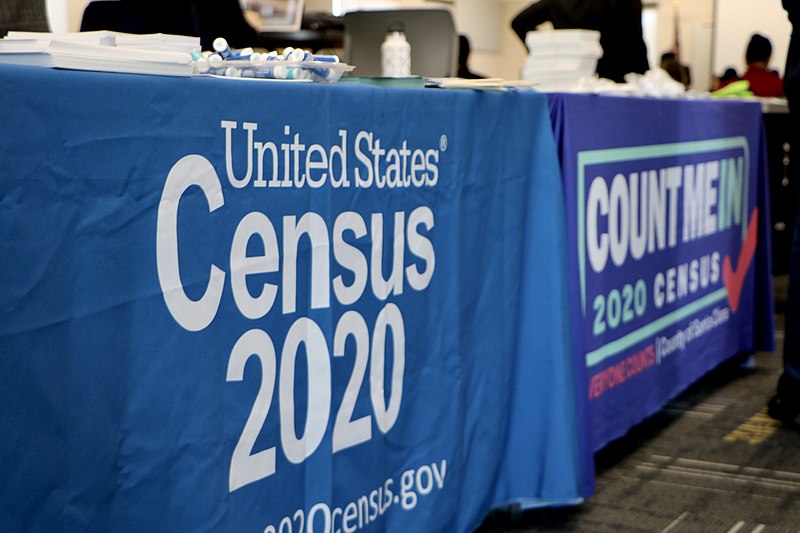- 14 3402-5578
- Rua Hygino Muzy Filho, 737, MARÍLIA - SP
- contato@latinoobservatory.org
 Fonte: https://twitter.com/RepRoKhanna/status/1231673331138457601
Fonte: https://twitter.com/RepRoKhanna/status/1231673331138457601
Currently, the U.S. government is considering making a series of proposed changes in the categories of race and ethnicity in the census and other federal surveys, in view of changes in the country’s population composition. In this sense, many experts agree that the proposed changes will be beneficial.
According to The Hill, “Racial categories have been included in the census since 1790, when the United States government issued the first-ever census. That year, there were only three racial categories an American could fall under: ‘Free white males or free white females’, ‘slaves’ or ‘all other free persons’.”
If any of the proposed changespasses, it will be the first time that race and ethnicity standards will be updated in more than 25 years and the changes in racial patterns include the creation of a category in the Middle East and North Africa. According to current standards set by the Office of Management and Budget, Americans with roots in the Middle East or North Africa are considered white.
However, “a study published last year found that most people of Middle Eastern or North African (MENA) origins or heritage do not identify as white. The study found that the desire to be categorized as MENA instead of white was even more pronounced among Muslims”, according to The Hill.
The push for a MENA category, in part, stems from decades of discrimination faced by those in the MENA community, especially post 9/11 — something the creation of a new racial category on the census can help fight against, said Ellis Monk, an associate professor of sociology at Harvard University.
“A MENA category on the census can help health researchers better identify health disparities in certain communities, or unmet linguistic needs, among many other things. The Biden administration is also proposing an overhaul of how data on Hispanics is collected in the census. Since 1997, race and Hispanic ethnicity questions have been asked separately on federal surveys and the census”, the publication notes.
In relation to ethnicity and Hispanic race, the proposed changes would be combined into one question. According to Mark Hugo Lopez, director of race and ethnicity research at the Pew Research Center, this way would provide more details about the origins of Hispanics in the United States and could change the racial and ethnic profile of Latinos.
“Some Asian American civil rights and advocacy groups have been calling for expanded subcategories for different Asian ethnicities. There are about 20 million people in the United States that trace their roots from more than 20 countries in East Asia, Southeast Asia and the Indian subcontinent, according to the Pew Research Center”.
Like other communities in the U.S., Asian-Americans have their own set of needs that could be better understood if the federal government further disaggregated the data of that population according to their country of origin.
“On the 2020 Census, Asian Americans were given six ethnicity categories to choose from: Chinese, Filipino, Asian Indian, Vietnamese, Korean or Japanese. And if someone did not feel like any of those categories captured their ethnicity, they were given the option to mark “other Asian” and print the name of their ethnicity like Pakistani, Cambodian or Hmong”, reports The Hill.











